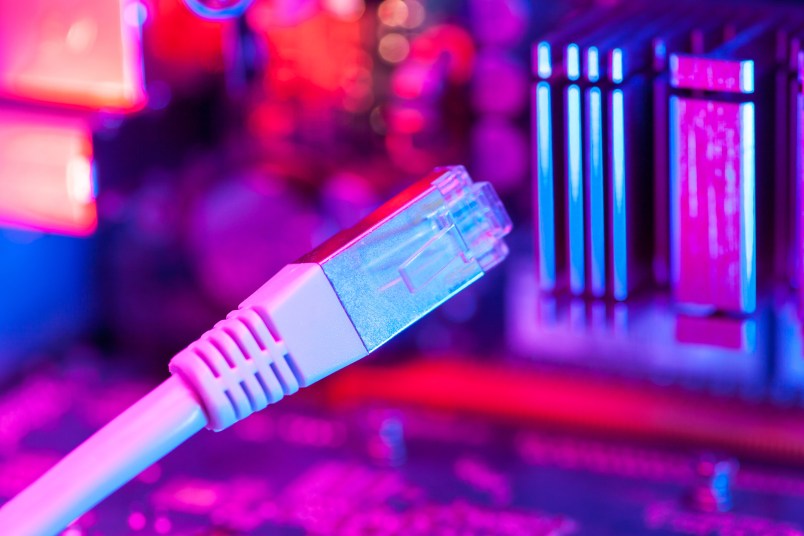Why is the Internet so slow? Or to put it more specifically, why are we used to internet speeds that are actually dramatically slower than they are in many other countries, even a number that are less wealthy and technologically advanced than we supposedly are?
This is important in terms of our chronic impatience, desire to watch endless TV shows and movies on netflix and so on. But in the 21st century it’s also critical economic infrastructure with a real affect on growth, economic competitiveness and so forth. So again, why is the internet so slow?
The standard answer is that internet access in the US is controlled by huge monopolies who have little incentive to invest in improving speeds and focus instead on extracting high rents. I have no doubt that’s the main driver. In part this is because on the ground level I’m sure this is why Time Warner Cable – the company who provides our internet access at TPM’s New York office – provides the worst service of any company in the history of the universe. Simple. Zero competition. There’s also a pretty ample economic and policy literature demonstrating the role of monopolies in keeping the internet slow in the US and competition making it really fast in South Korea for instance.
But I was interested to see this handy list of the countries of the world ranked by Internet speed. The US is 33rd in the world, aptly perhaps close tied with Russia at 34. So who’s above us? It’s an interesting mix of countries. A number of relatively small and fairly wealthy countries in Europe – not terribly surprising.
But some countries are kind of surprising. The post-Soviet countries of Moldova, Latvia, Estonia and Lithuania. Former Soviet Bloc countries like Bulgaria, the Czech Republic and Hungary. Particularly surprising is Romania, another former Soviet Bloc country, which is fairly economically backwards compared to a country like the Czech Republic. Romania is 3rd in the world with an average download speed of 56.69 Mbps. Since numbers 1 (Hong Kong) and 2 (Singapore) are basically city states (which makes dramatic infrastructure changes inherently easier), it’s fair to say that Romania has the fastest internet in the world in nation-state terms. (Macau seems to be benefitting from the same effect, clocking in at 40.25).
Given that some of these countries are relatively backward economically, I wonder if some of them are benefiting from the leapfrog effect. Basically, when your current infrastructure is terrible or two or three generations out of date it can be easier to move to the current technology than if you’re just a little behind.
France (26.90), Germany (25.51) and the UK (24.03) are ahead of the USA (21.72) but not by a huge amount. But we’re a little faster than Canada (20.42) and a lot faster than Australia (14.24).
The countries that really stand out are South Korea (52.35), Japan (42.28) and Taiwan (36.86). These are very technologically advanced countries with big footprints in technology. And this is pretty clearly a huge advantage for them in international economic competition on any number of levels – not to mention decreased agitation watching the twirly thing turn when your netflix movie stops playing. In South Korea, the internet is more than twice as fast as it is in the US. That’s amazing. And also pathetic.






